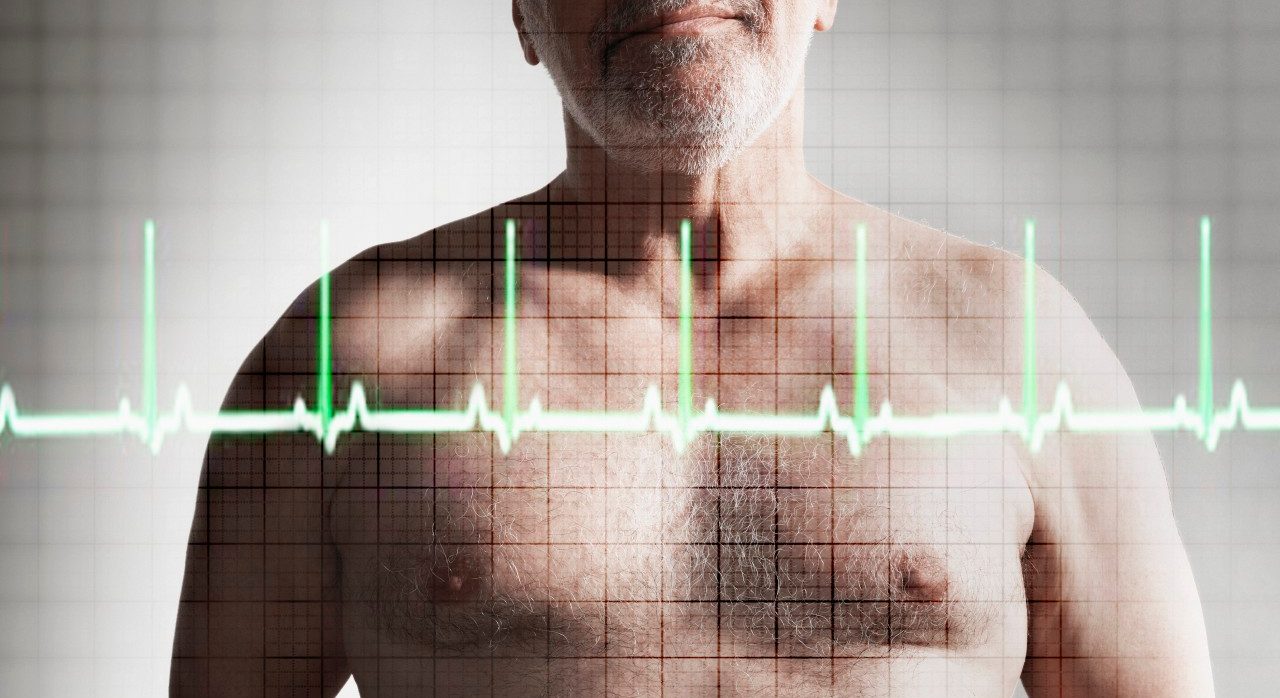The Heart Disease and Cancer Link

Heart disease can raise the risk of cancer. The heart disease and cancer link makes it extra important to reduce risks for both of these top causes of deaths.
If you have suffered a heart attack or been diagnosed with cardiovascular disease, you may be at risk for developing cancer. While the link between heart disease and cancer that researchers have discovered can sound depressing or frightening, there’s also good news.
By being proactive about your health and working to reduce the risk factors for heart disease, you may also reduce the odds you’ll have cancer in your future.
YOU MIGHT ALSO LIKE: Early Signs of Heart Disease
Uncovering the heart disease and cancer link
Started in 1948, the long-term, ongoing Framingham Heart Study has followed generations of people, searching for risk factors and clues that indicate heart disease risk and producing a wealth of information for scientists. A team of investigators, headed by Massachusetts General Hospital cardiology researcher Emily Lau, MD, used Framingham data to look for a possible link between cardiovascular disease and cancer.
The researchers examined records on 12,712 research subjects, most middle-aged, who had no evidence of cardiovascular disease or cancer at the start of their participation in the Framingham study, about 15 years ago. The volunteers were originally tested with biomarkers, substances found in the blood after the heat suffers damage. The ASCVD Risk Calculator, developed by the American Heart Association (AHA) American College of Cardiology (ACC), was also used to collect information on the study participants’ diets, gender, health habits, cholesterol levels, smoking, and other factors that might predict atherosclerotic cardiovascular disease (ASCVD) developing within about a decade.
The results of the study, presented at the American Heart Association's Scientific Sessions 2019, found those with more risks for heart disease — especially older age, male gender, smoking, and high blood pressure — were more likely to develop cancer. In fact, the participants with a 10-year ASCVD Risk Calculator score of 20 percent or higher were more than three times as likely as those with a 10-year ASCVD risk of five percent or less to develop any type of malignancy.
What’s more, the research subjects who had a heart attack, suffered heart failure, or developed the heart rhythm disorder called atrial fibrillation during the study period were seven times more likely to develop cancer compared to those without any diagnosed cardiovascular events.
Adding to the heart disease and cancer link was the finding that high levels of B-type natriuretic peptide (BNP), a biomarker frequently found in people with heart failure, also increased the risk of developing cancer during the 15-year follow-up period, compared to the study participants with low BNP.
Bottom line: Lower your risk for heart disease and you may prevent cancer
"It's a double whammy. Heart disease and cancer are the two leading causes of death in the United States. We now recognize that they are intimately linked. This tells us that we, as physicians, should be aggressive in trying to reduce cardiovascular risk factors not only to prevent heart disease but also to consider cancer risk at the same time," researcher Emily Lau, MD, concluded.
“Cancer and cardiovascular disease share many of the same risk factors, such as tobacco use, poor nutrition, and lack of physical activity. The next step is to identify the biological mechanisms driving the link between cardiovascular disease and cancer,” Lau noted.
And, while you can’t change your gender or age, numerous healthy lifestyle habits can reduce risks for heart attacks and other cardiovascular problems and potentially lower your risk for developing cancer at the same time. Moreover, many of the same strategies already known to lower your risk for heart disease are also documented ways to reduce the risks of some kinds of cancers, according to the AHA.
That’s why following the American Heart Association Life’s Simple 7, a collection of tips to improve and protect heart health, may help prevent cancer, too, according to Eduardo Sanchez, MD, the AHA’s chief medical officer for prevention.
“Life’s Simple Seven includes recommendations to eat a healthy diet (more fruits and vegetables, whole grains, and lean protein), be physically active, avoid all tobacco and nicotine products, and attain and maintain a healthy body weight, cholesterol, glucose, and blood pressure,” Sanchez explains.
YOU MIGHT ALSO LIKE: Why Cancer Treatment Should Include Psychological Help
Updated:
December 20, 2019
Reviewed By:
Janet O’Dell